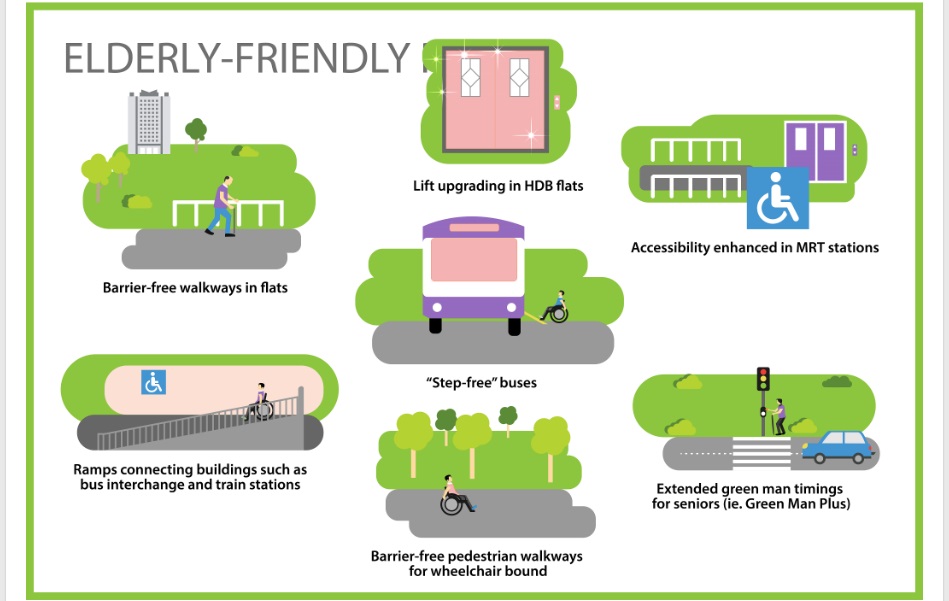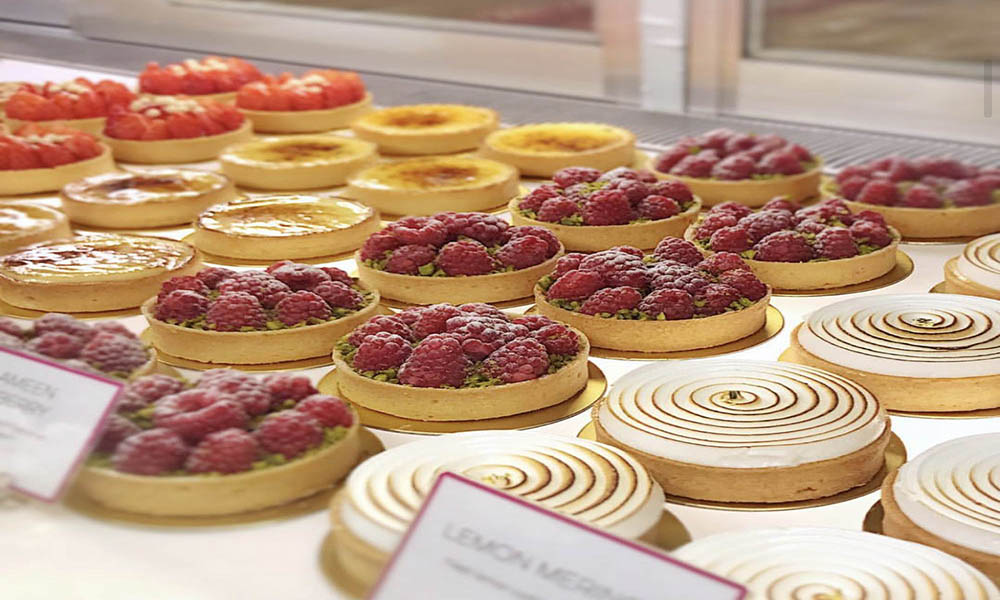When we visited 1 Academy on a Saturday afternoon, the students were busy doing experiments with the latest science kits that Mr. Howard Yu had brought from China.
“The children like the equipment, which is in line with the syllabus. The aeroplane experiment is very comprehensive and detailed,” said Mr Yu, the 43-year-old founder of 1 Academy, who believes that science should be taught by relating the concepts to real-life examples.
And the children were clearly thrilled with their new toys. “Through these experiments, I can understand the air pressure forces and magnetic forces better. I enjoy doing it,” enthused Kwa Wei Le, a Primary Six student from Jurong Primary School.

Liam, a 12-year-old student from Yew Tee Primary School, said, “Mr Yu will always buy science kits for us to do experiments with. I also think that it is better to learn science by doing experiments. I can gain a better understanding through hands-on experiments.”
Teaching Character Values
As stewards of a noble profession, teachers have the ability to influence and inspire young minds. Mr. Yu couldn’t agree more. The science tutor, who has around 16 years of teaching experience, has been on his journey to inspire the young since 1998.
Holding a Bachelor of Science and Diploma in Education (Physical Education), he began his first job at Pei Hwa Presbyterian Primary School (PHPPS). After devoting six years to Pei Hwa, Mr. Yu went to Shanghai and spent two years at Shanghai Singapore International School (SSIS) heading a science department.
A man of staunch faith, Mr. Yu feels that the chief purpose of education is to understand the Creator and live the way the Creator wants us to live; and through education, he aspires to teach the children “character values”.
“One of my key focuses in education is to teach character education to the children through the subjects. For instance, students could learn character values such as truthfulness, resilience and creativity through science experiments,” he said.
Mr. Yu also published a Citizen and Character Education (CCE) English Workbook in 2012. With strong parental encouragement from several education-related Facebook groups, he has launched his first edition of the PSLE Science Express Revision notes last month.

Riding the Innovation Wave
Mr. Yu, who has four children, spoke with boyish excitement about his two interests: dinosaurs and drone flying. The tutor said with amusement, “When I was a child, I thought that dinosaurs became extinct millions of years ago. But it was a fallacy.”
One of his dreams is to write a book about dinosaurs. “There were recent sightings of dinosaurs in many parts of the world. If you visit Cambodia’s Angkor Wat, you can see dinosaur images there.”
Apart from his dinosaur enthusiasm, Mr. Yu also regaled us with ideas of using drone flying to teach science.
He is trying to ride the innovation wave. “I have this innovative idea of integrating drone flying with teaching science. Drone flying teaches scientific concepts like air resistance force.”
His idea is scoring points with other educators as well; international schools have embraced the idea and his friend has invited him to write the curriculum for it. This year, St. Andrew’s Junior School has engaged Mr. Yu and his team to conduct educational outreach programmes in aviation science for Primary One through Six students. Moreover, he will be holding drone flying programmes for parent support group (PSG) sessions and staff bonding events at various schools.
Why did Mr. Yu choose to teach Science? “An interest in science is a sine qua non of teaching science. For myself, I had been a science student since Secondary One,” quipped the three-time PSLE Science marker.
Q & A
Epoch Times (ET): In your opinion, what is the purpose of education?
I believe the chief purpose of education is to understand the Creator, and live the way the Creator wants us to live.
Many famous scientists such as Albert Einstein and Isaac Newton were God-fearing. They studied science to understand about God.
It is also about values and living with the right values. As you see, nowadays, the world has become a corrupted and polluted place. This happens when humans try to live by their own ways, instead of the godly ways, the ways which God has designed.
As an educator, and even as parents, we need to have the courage to guide our own children, as children are called the blessings from God.
ET: What is your teaching method?
In my science classes, I teach my students “concepts”. Students have to understand the concepts and the process skills in order to effectively apply the scientific facts and principles to assigned situations.
In the local primary school context, it is not that difficult to do well in science.
I have told my students, you have to score 50 and above in Section A. There are 30 multiple-choice questions in Section A which test concepts. The options are there, therefore the questions are quite straight-forward. There are merely four to five questions which are slightly tricky. In tricky situations, always go back to the basics and apply the elimination method. It always works!
But for Section B, it is a bit tricky because students need to write and explain. They need to know the differences between “state the reason”, “explain the concept”, and “make an inference”. These are called “process skills”.
ET: How do you impart different concepts to different learners?
Different students have different challenges and I must know how to manage them.
That is why in my regular weekly class, the maximum class size is five. For the annual PSLE Science Intensive Course, I also try to keep it to under 10 students.
In addition, I have good interaction with the parents. You have to allow the parents to understand the talent of the child.
ET: What does Singapore’s education system lack? What areas should the Ministry of Education look into?
For Primary Five and Primary Six science, there are only five periods each week. Science takes up roughly around one-tenth of the timetable.
Ideally, if I were the principal, out of the 50 periods per week, I would allocate eight or nine periods to science and incorporate monthly fieldtrips.
Apart from that, we need to set aside more resources for science experiments. In most primary schools here, there are no science lab technicians. As the teachers are often too busy to set up experiments, the lab technicians can assist them and add value to the teaching of science.
The government should employ one lab technician for each of the primary schools across Singapore.
Moreover, in most of Singapore’s primary schools, the minimum class size is 30 students. In the upper levels, class sizes can run up to 40-42 students.
Whereas in most international schools, they keep the size to 20 to 25.
If there are 40 students in a class, it will affect the teacher’s ability to focus on individual students.
Lastly, the streaming system has been phased out for several years, but in fact, I think the streaming system is good. In a class of 40 students, each student is learning at a different speed.
In light of this, I think customised and individualised teaching is the best education.
ET: Do you think it is more effective to have less homework?
You must think holistically. Because if you have less homework, the students would have more time with their family.
If I were the principal, if my school is a relatively well respected school, I would make sure that the students learn everything in school and when school is dismissed, they can spend time with their family.
For more information, visit Primary Science Coaching by Former HOD Science – 1 Academy at www.facebook.com/groups/940232139399873 or email ask1academy@gmail.com.
















